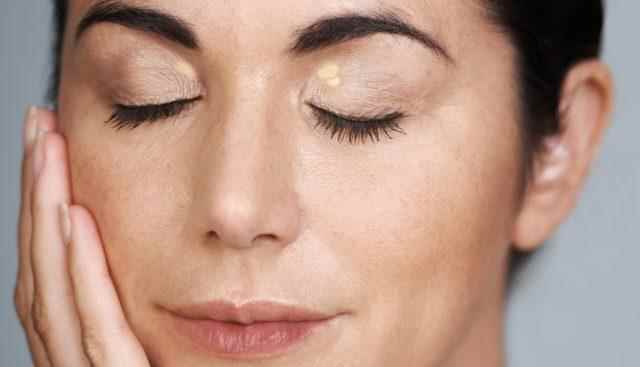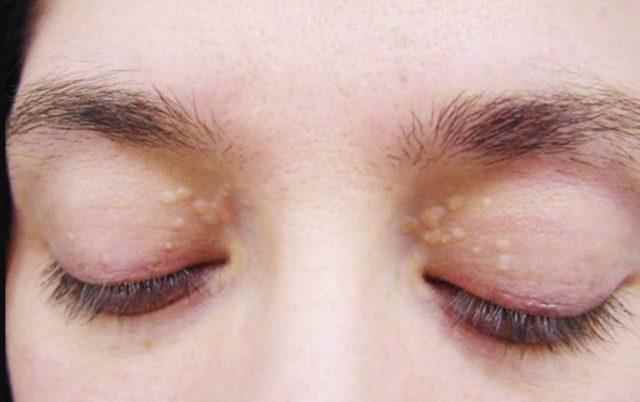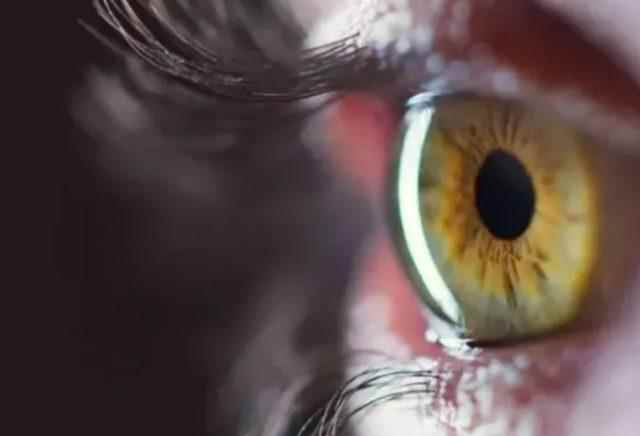Eyes and eye area are the most sensitive parts of our body. Hard, sticky yellow deposits that appear around the eyes are called xanthelasma. While xanthelasma is often considered minor, studies have found that it lowers your body’s “unhealthy cholesterol levels”, which can be a warning sign of heart disease.
IT CAN INDICATE UNHEALTHY CHOLESTEROL LEVELS
Heart disease is a restriction of blood flow to your heart, usually due to “bad” LDL cholesterol and other substances that build up in your artery walls. This is known as atherosclerosis, and although it is not certain, it may be the same process that causes xanthelasma around your eyes. The American Academy of Dermatology Association explains that “yellowish-orange, waxy formations on your skin” can tell you that you have “unhealthy cholesterol levels.”
IT IS IMPORTANT TO CHECK

According to Doctor Nicole Bajic, an ophthalmologist, yellow deposits are “most common” “on the upper eyelids and the inner part of the eyelids near the nose.” Not everyone who has xanthelasmas has cholesterol or heart disease, according to doctors. However, it is important to have this situation checked.
SIMILAR RESULTS HAVE BEEN SEEN IN PAST STUDIES

Despite uncertainty about the link between cholesterol and xanthelasmas, past research has supported the link between xanthelasmas and heart disease. A past study published in the British Medical Journal found that patches can predict heart attack, heart disease and even death.
HIGHER RISK OF DEATH FROM HEART ATTACK

It found that men ages 70 to 79 with yellow spots had a 12 percent higher risk of heart disease than those who didn’t. Women of the same age had an eight percent risk. Surprisingly, the study found that even people with xanthelasma but normal cholesterol levels had a higher risk of dying from a heart attack.
ATTENTION TO YOUR EYES

The study suggests that even if yellow patches are not a sign of high cholesterol, they can still be a sign of heart disease. A pale white ring around your iris, the colored part of your eye, can also indicate high cholesterol. This is called the corneal arch.
